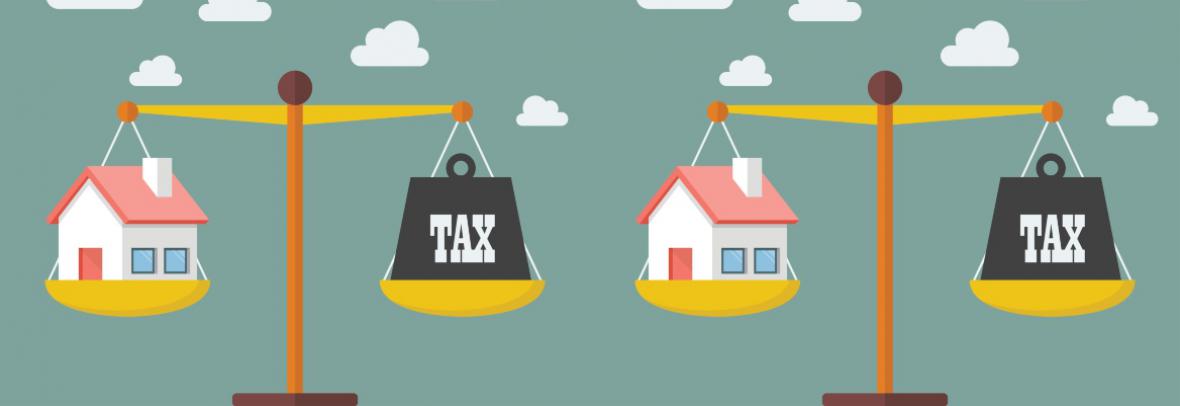Links: Follow the Link to the county of your primary residence.
Hillsborough County Property Appraiser > Home (hcpafl.org)
Home | Pasco County Property Appraiser (pascopa.com)
Home | Bill Furst, Sarasota County Property Appraiser (sc-pa.com)
To file for a homestead property tax exemption in your county of residence, you will need to complete an application and provide documentation that demonstrates your eligibility. Here is the process you can follow:
- Determine if you are eligible: In order to qualify for a homestead property tax exemption in Florida, you must meet the following criteria:
- You must own and occupy the property as your primary residence on January 1 of the tax year for which you are seeking the exemption.
- You must be a permanent resident of the state of Florida.
- Gather the necessary documentation: You will need to provide certain documents to support your application for a homestead property tax exemption. These may include:
- A copy of your Florida driver’s license or identification card
- A copy of your vehicle registration
- A copy of your voter registration
- A copy of your Social Security card
- A copy of your recorded deed or other proof of ownership
- Complete the application: You can download an application for a homestead property tax exemption from the website of your county’s property appraiser or request one by contacting their office. You can also visit the office in person to complete the application and submit your documentation.
- Submit the application and documentation: Once you have completed the application and gathered the necessary documentation, you can submit your materials by mail, email, or in person at the office of your county’s property appraiser. Be sure to retain a copy of your application and all supporting documentation for your records.
- Wait for a decision: The office of your county’s property appraiser will review your application and documentation to determine your eligibility for a homestead property tax exemption. If you are approved, you will receive a notice of exemption in the mail. If you are denied, you will receive a notice of ineligibility and an explanation of the reason for the denial. If you disagree with the decision, you may be able to appeal it.


 Facebook
Facebook
 X
X
 Pinterest
Pinterest
 Copy Link
Copy Link

